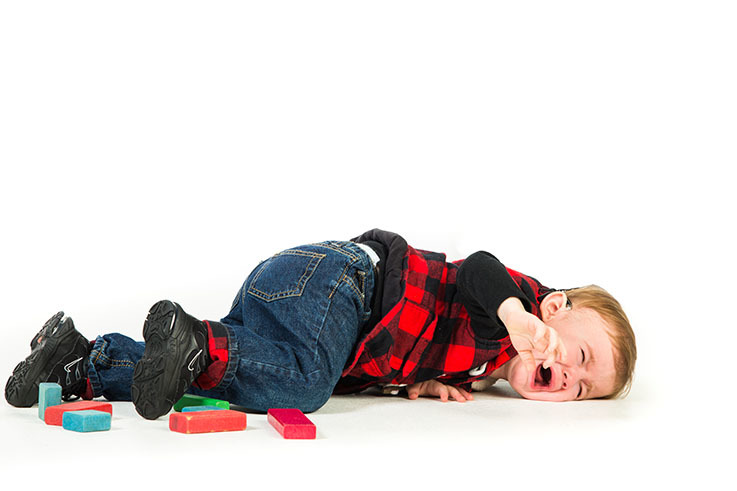The Difficult and Challenging Child is a child who exhibits extremely challenging and exhausting behaviors. These behaviors may include violence, intense emotions, excessive irritability, and stubbornness. Dealing with difficult and challenging children can be hard because of their intense reactions and aggressive behaviors that can affect relationships with teachers, parents, and peers.
Children can be categorized as such in many cases, including an inability to adapt to the school or social environment, difficulty controlling emotions, or learning and concentration difficulties. Some children may suffer from health, mental, or social problems, which may lead to the development of difficult behaviors.
To deal with this condition, teachers and parents must take necessary steps to help improve the child's behavior. To achieve this, the following steps can be taken:
- Understanding the cause: The reasons that lead to the difficult and challenging child's behavior must be identified. This may include mental, familial, or social health problems. Help can be obtained from specialists in mental and social health cases.
- Focusing on communication: Communication with the difficult and challenging child must be emphasized, and listening to what they have to say is important. Encourage the child to talk about their feelings and thoughts, and build trust between them and the teachers or parents.
- Paying attention to the learning environment: A suitable learning environment for difficult and challenging children must be provided, one that helps them focus and remain stable. Special places for individual learning can be assigned, and distracting noises and disturbances can be avoided.
- Focusing on positive education: Positive education should be emphasized, and positive behaviors should be promoted. This can be achieved by encouraging the child to perform positive actions and praising them when they do. Positive education techniques can also be used, such as reinforcing positive behaviors with rewards.
- Improving social skills: Difficult and challenging children must be trained in social skills, such as communication, problem-solving, and self-control. This can be done by involving them in group activities, building social relationships, and providing support and guidance.
In conclusion, dealing with a difficult and challenging child can be overwhelming, but taking the necessary steps to help them improve their behavior can be beneficial for both the child and those around them. By understanding the cause, focusing on communication, providing a suitable learning environment, emphasizing positive education, and improving social skills, a difficult and challenging child can be helped to become a more positive and productive member of society.




